
PROJECT SCHOOLPLATE: Vocational training and qualification measures for the electroplating industry in Thailand (Jan 2020 – Sept 2023)

Funded by the German Federal Ministry of Education and Research (BMBF). On the Thai side supported by the Office of National Higher Education Science Research and Innovation Policy Council (NXPO).
About SCHOOLPLATE
Team & Project
The SCHOOLPLATE project, which is a so-called transfer project and a result of the efforts being made by and through ECOPLATE, a research cooperation between the Fraunhofer Institute for Manufacturing Engineering and Automation IPA Stuttgart and the Metallurgy and Materials Science Research Institute (MMRI) of Chulalongkorn University Bangkok, aimed at supporting the Thai electroplating industry in upskilling and reskilling their workforce. To complete the team, the German Federal Institute for Vocational Education and Training (BIBB) joined forces.
The project, which kicked-off January 1, 2020, was funded by the German Federal Ministry of Education and Research (BMBF) and was carried out in two phases.
The overall focus of the project lay on implementing sustainable and demand-oriented vocational training measures to provide the Thai electroplating industry with qualified personnel. To ensure a demand-driven approach, the project team conducted an online survey between July and September 2020. The results can be found here.
Content & Impulse
The Thailand Electroplating Industrial Network Association (=TEPNET; formerly known as Thailand Electroplating Professional Network), an industry cluster initiative with a core group consisting of more than 50 companies, was founded in 2015. It combines the three elements industry, education and government, and strives to:
- improve the industry’s capability to manufacture flawless, high-quality products at competitive production costs,
- produce in an environmentally-friendly and energy-efficient way and to
- contribute to innovation.
To attain these objectives, the ability to rely on an available and skilled workforce continuously is utmost essential. This was not only one of the key outcomes of a survey conducted by TEPNET in 2016, but is still true today.
Since at the time, no suitable technical and vocational education and training (=TVET) programs in Thailand existed that were capable of covering the industry’s requirements, the project was initiated and derived from the previous work of ECOPLATE.
SCHOOLPLATE aimed at supporting the Thai electroplating industry by defining demand-driven training and education offers, effectively anchored within the given setting, to help reskill and upskill the workforce of today as well as the future workforce.
Setup & Details
Both project phases had a different emphasis:
- Part One (January 2020 - December 2020) was about exploration and analyzing the demands of the industry
- Part Two (January 2021 - September 2023) was about creating and implementing a sustainable TVET concept
The main goals of 2020 were to define the status quo, to summarize the industry’s needs, and to categorize those needs.
To attain these objectives, the 2020 core activities included:
- multiple online expert interviews,
- an online company survey,
- an analysis of existing TVET structures & identification of adaptation needs,
- expert workshops with TEPNET as well as stakeholders.
Initially, both continuing vocational education and training measures (C-VET → for current employees and future career changers) as well as initial vocational education and training measures (I-VET → for future employees) were discussed and worked on. Throughout the project, the C-VET activities gained a bigger significance and therefore the focus shifted onto these.
The implementation phase was also very successful. The SCHOOLPLATE course concept ultimately consists of 40 courses and courses can be put into four categories:
- Basics of electroplating
- Technology of electroplating
- Quality control and failure analysis for electroplating
- Personal competency.
The developed and piloted courses create a link to the existing national occupational standard, which was developed and published by TPQI during the project. Eventually, four courses with 109 participants in total were piloted during the second phase.
Regarding possible initial vocational education and training measures, the project presented an idea for a curriculum for a vocational school as well as a concept for school laboratories needed to educate and train both teachers and students.
Guidance & Advisory Board
To ensure that the project was attractive to both the industry as well as non-industrial stakeholders while adhering to its aims, an advisory board consisting of six interdisciplinary experts from both cooperating countries had been set up.
The advisory board consisted of three German and three Thai members who represented vocational schools, the electroplating industry and political institutions.
Project Partner
German Federal Ministry of Education and Research (BMBF)
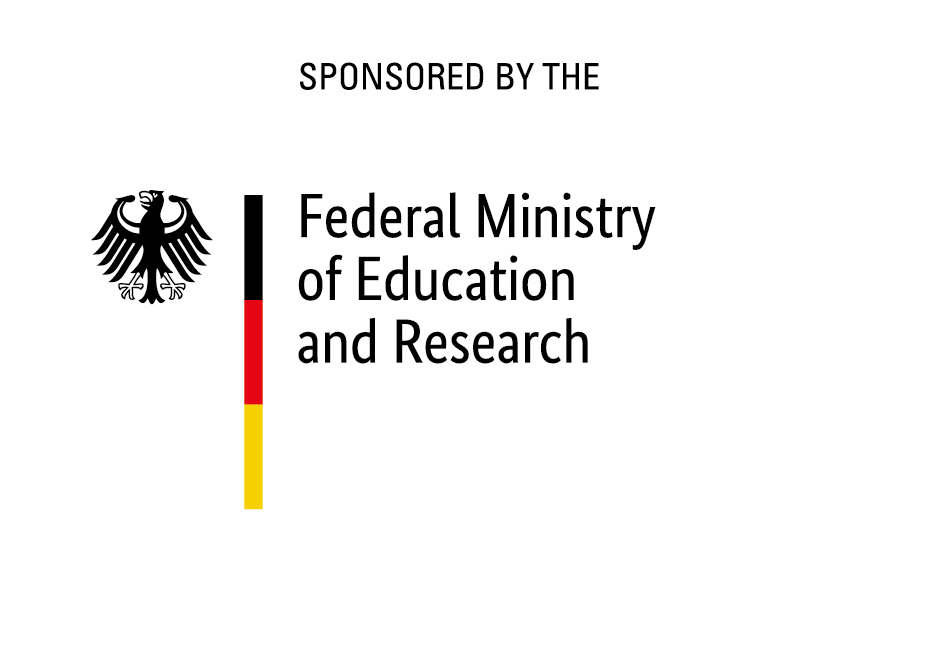
Education and research are the building blocks of the future. With this in mind, the Ministry promotes education, science and research and sees this as an important contribution to securing the country's prosperity. BMBF is also closely involved in legislative processes. (Source: BMBF)
More information: BMBF
DLR Project Management Agency (DLR-PT)

Research, innovation and education – the DLR Project Management Agency has been providing an array of services to assist key decision-makers from government, science, industry and education for over 40 years. As designated worldwide partner, networking opportunities are opened up and international collaborations are encouraged. As part of DLR, the Project Management Agency is a key contributor to DLR’s ‘Science, Innovation and Education’ field of operations. (Source: DLR Projektträger)
More Information: DLR Project Management Agency (DLR-PT)
The Office of National Higher Education Science Research and Innovation Policy Council (NXPO)
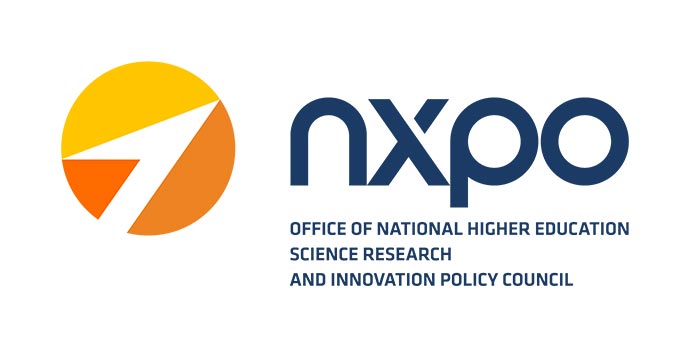
The Office of National Higher Education Science Research and Innovation Policy Council (NXPO) is an autonomous public agency affiliated to the Ministry of Higher Education, Science, Research and Innovation. NXPO serves as the secretariat of the National Higher Education, Science, Research and Innovation Policy Council (Policy Council) and is, therefore, responsible for facilitating the Policy Council in formulating, deploying and monitoring national policy addressing higher education, science, research and innovation under the guidance and instruction of the Policy Council. To effectively deploy the policy, NXPO is in charge of designing strategies and measures, proposing law and regulation amendments, and establishing, maintaining and allowing public access of integrated databases of higher education, science, research and innovation. (Source: NXPO)
More Information: Office of National Higher Education Science Research and Innovation Policy Council (NXPO)
Federal Institute for Vocational Education and Training (BIBB)

BIBB is the German Federal Institute for Vocational Education and Training. Founded in 1970, it is a national and international competence center for vocational education in Germany. Intertwining politics, practice and science, it is responsible for tasks such as counselling the federal government, conducting projects to modernize vocational education and training, generating statistics, establishing education and training standards and is also active at international level. (Source: BIBB)
More Information: BIBB
Metallurgy and Materials Science Research Institute (MMRI) at Chulalongkorn University Bangkok
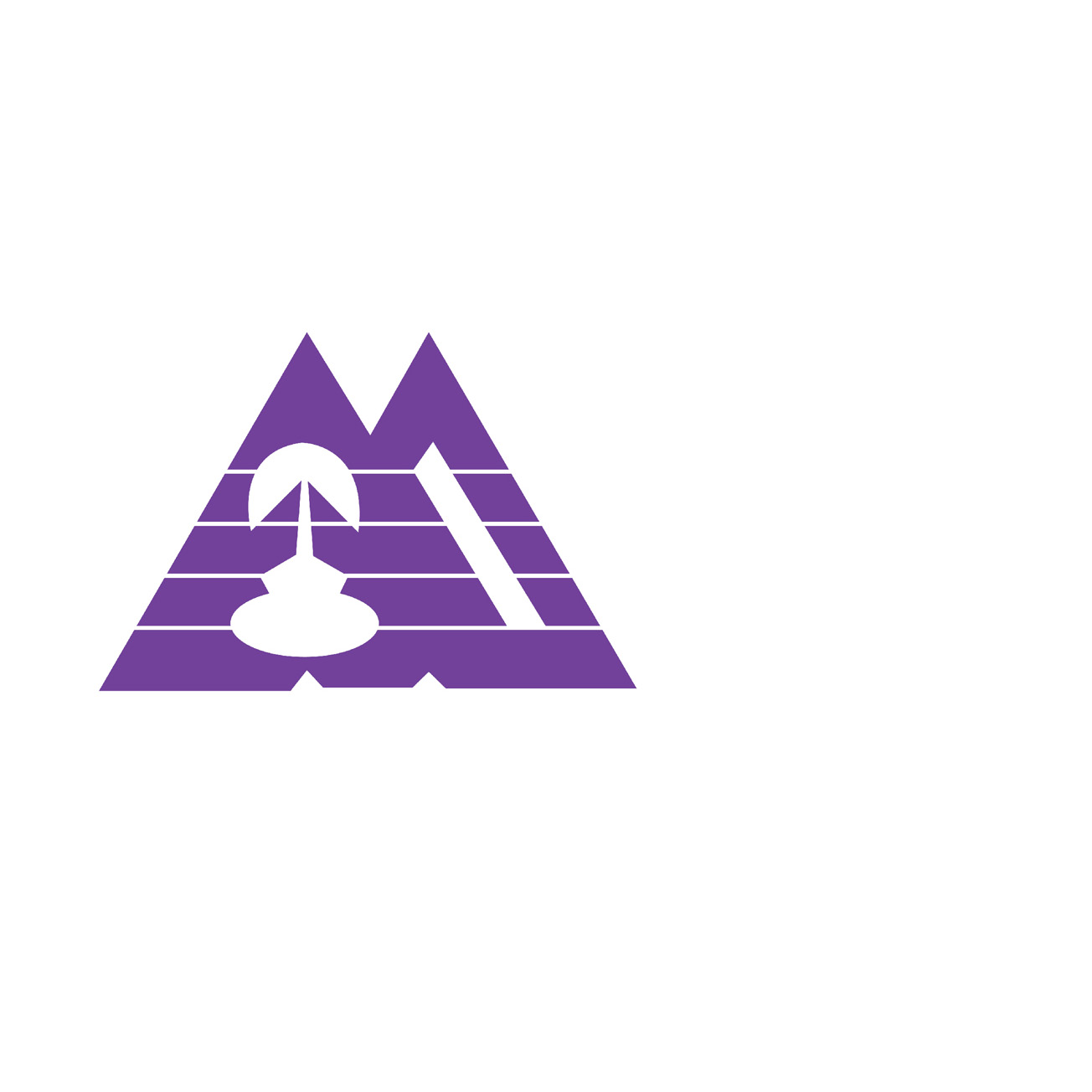
MMRI is a leading national R&D institute for material science. It plays a vital role in creating knowledge and is a reference for international standards. Its work enhances Thailand’s competitiveness, especially in the industrial sector. (Source: MMRI)
More information: MMRI
Thailand Electroplating Industrial Network Association (TEPNET)
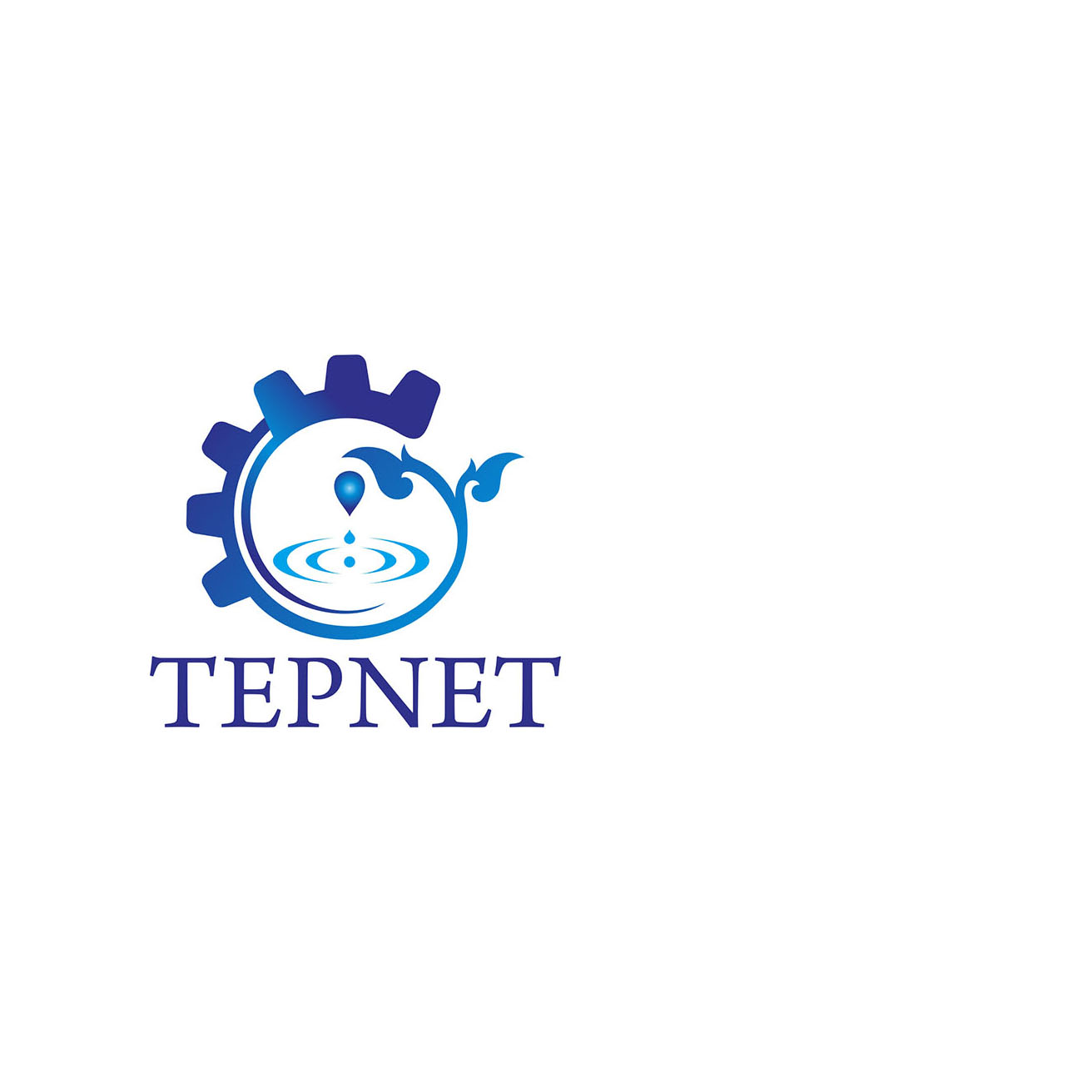
TEPNET is essentially a three-way collaboration between the surface finishing industry, research institutes and government agencies. It was established to increase the level of competitiveness and sustainability of the electroplating industry in Thailand in addition to strengthening the country’s electroplating industry as the regional leader in this area with the capacity to offer high quality services to global businesses (Source: WOTech GbR).
More Information: Thailand Electroplating Industrial Network Association (TEPNET)
Nexus Surface Innovation Co. (NEXURF)
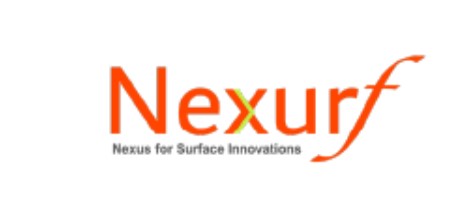
Nexus Surface Innovation Co., Ltd., also known as “NEXURF” is a MMRI, Chulalongkorn University’s deep-tech spinoff company with strong expertise in technology and business developments in the fields of surface & coating innovations, especially the electrolytic process related. Nexurf team has a long experience working with industries (both SMEs and corporates) and start-up enterprises to increase their competitiveness through product and service developments.
More Information: Nexus Surface Innovation Co., Ltd.
Thailand Professional Qualification Institute (TPQI)
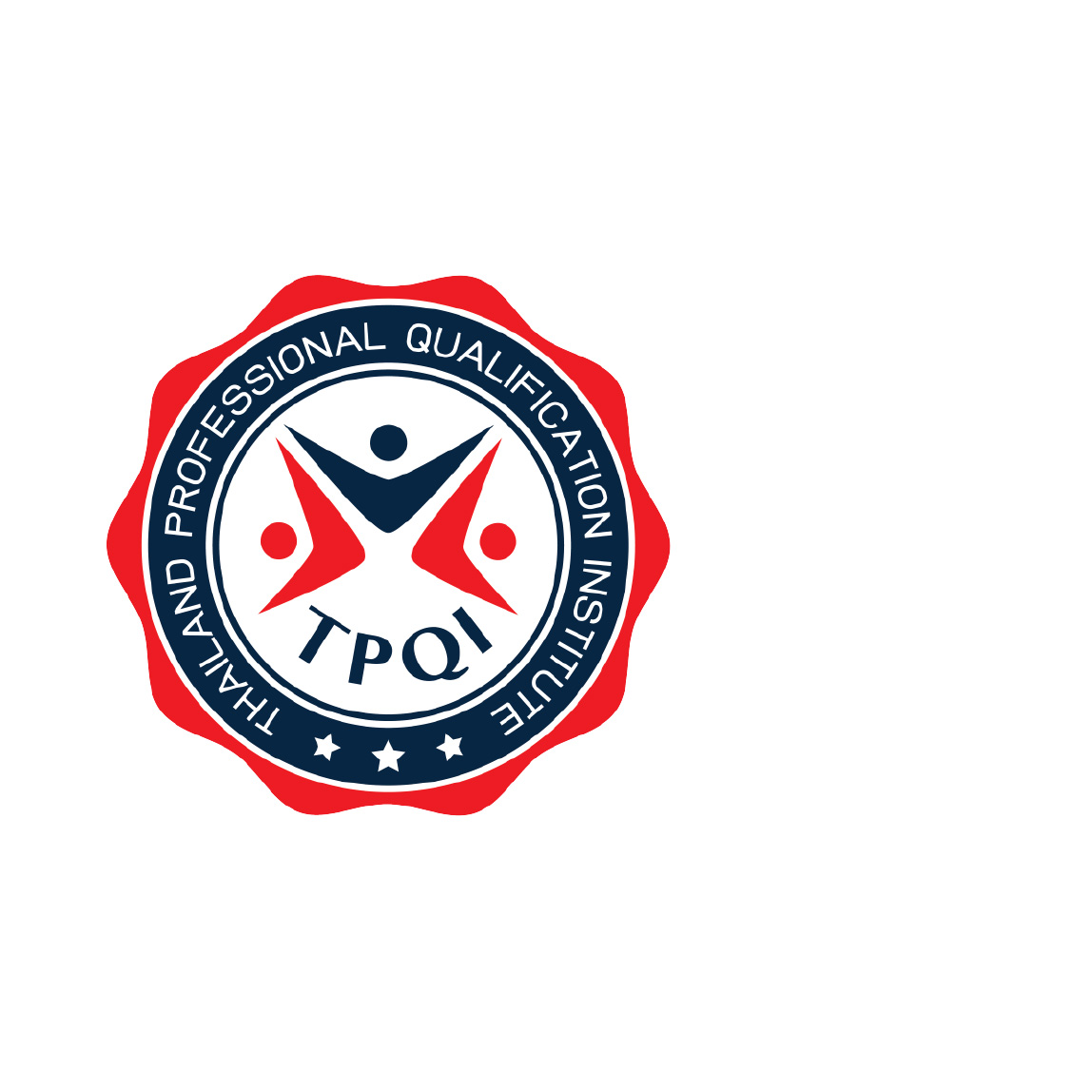
TPQI (Public Organization) is a government agency under the supervision of the Prime Minister. The main objective is to promote, support and develop professional qualifications system, support various professional groups to set up the occupational standards, and certify competency according to occupational standards. This creates opportunities for promotion and career advancement both domestically and internationally. Furthermore, TPQI’s professional database and information system support the development of the country's workforce with professional qualifications system, which promote free movement of labor in the ASEAN Economic Community. (Source: TPQI)
More Information: Thailand Professional Qualification Institute (TPQI)
Eastern Economic Corridor Office of Thailand (EECO)

The Eastern Economic Corridor Office of Thailand (EECO) is a vital public agency aiming to encourage investment and to uplift innovation and advanced technology in Thailand for the future generation.
EECO is the business facilitator that adds value across the entire project lifecycle and coordinates closely and proactively with other public authorities and private sectors to ensure the success of the projects. EECO uses a demand-driven approach and aims to strengthen two learning types. The Work Integrated Learning (Type A) to provide people with a degree as well as the Re-Skill, Up-Skill, New-Skill Scheme (Type B) to provide short courses to the existing workforce. (Source: EECO)More Information: Eastern Economic Corridor Office of Thailand (EECO)
Learning Innovation Center (LIC) at Chulalongkorn University Bangkok

Chulalongkorn University’s Learning Innovation Center was established in 2010 to support the reformation of higher Thai education in the 21st century and to generally help to develop teaching and learning at Chula. The first Learning Innovation Center’s director is Mrs. Prapaipit Mongkolrat.
The Center has three main missions:
- Creating a network of faculty members to develop teaching and learning innovations, including (1) producing Chula graduates; (2) creating/developing a network of faculty members in gaining knowledge and skills related to effective new teaching methods; and (3) promoting research to improve/develop teaching and learning.
- Creating innovation in digital learning, including (1) preparing the Chula community to keep up with the world through digital innovation and (2) enhance their experience to use modern information technology and equipment to develop a learning as well as creative society.
- Creating lifelong learning innovation, including (1) supporting and developing students to have lifelong learning abilities and advanced thinking, including; and (2) expanding their learning opportunities and transferring knowledge to society towards an education without borders.
(Source: LIC)
More Information: Learning Innovation Center (LIC) at Chulalongkorn University Bangkok
Fraunhofer Institute for Manufacturing Engineering and Automation IPA

Fraunhofer It is the largest research organization for applied research in Europe. As a part of Fraunhofer IPA the Department »Electroplating« covers all aspects concerning the entire industrial manufacturing chain – from the development of new plating materials and related process chains, through failure analysis, right up to the implementation of industrial systems engineering.
More Information: Fraunhofer Institute for Manufacturing Engineering and Automation IPA
 Fraunhofer IPA @ Chulalongkorn University
Fraunhofer IPA @ Chulalongkorn University